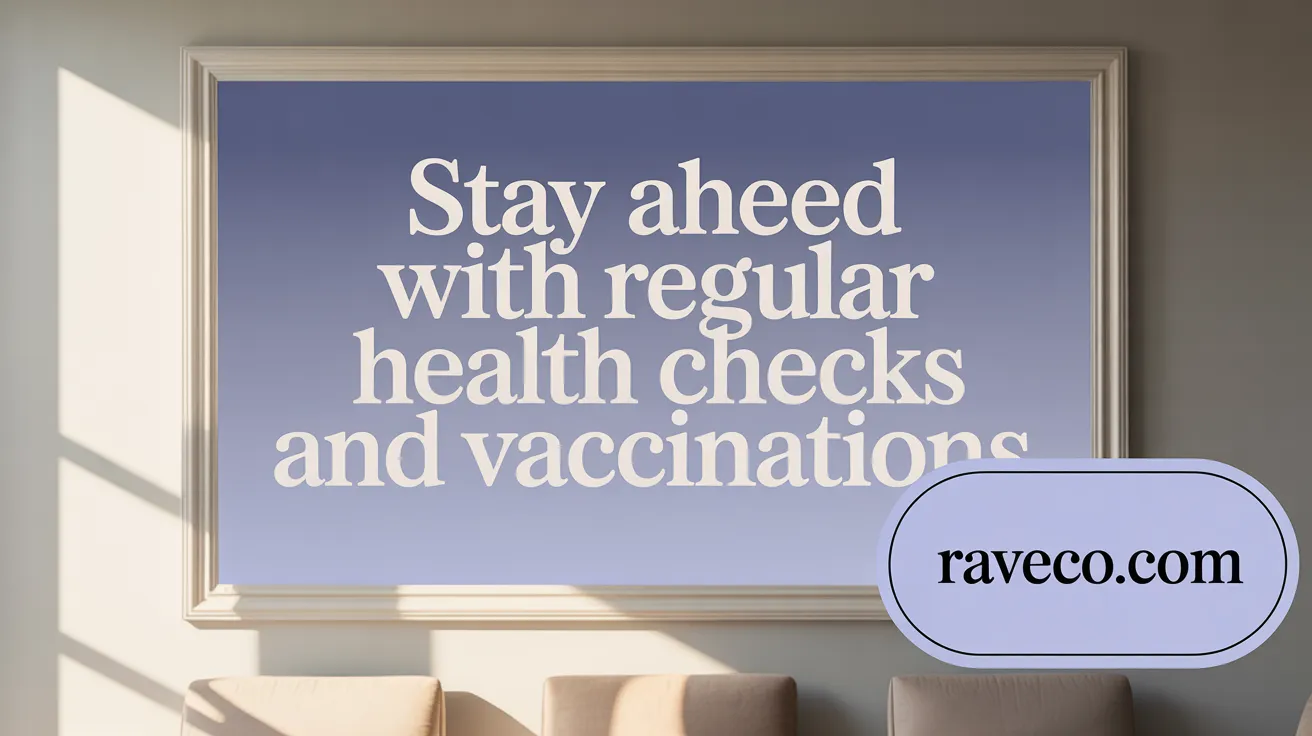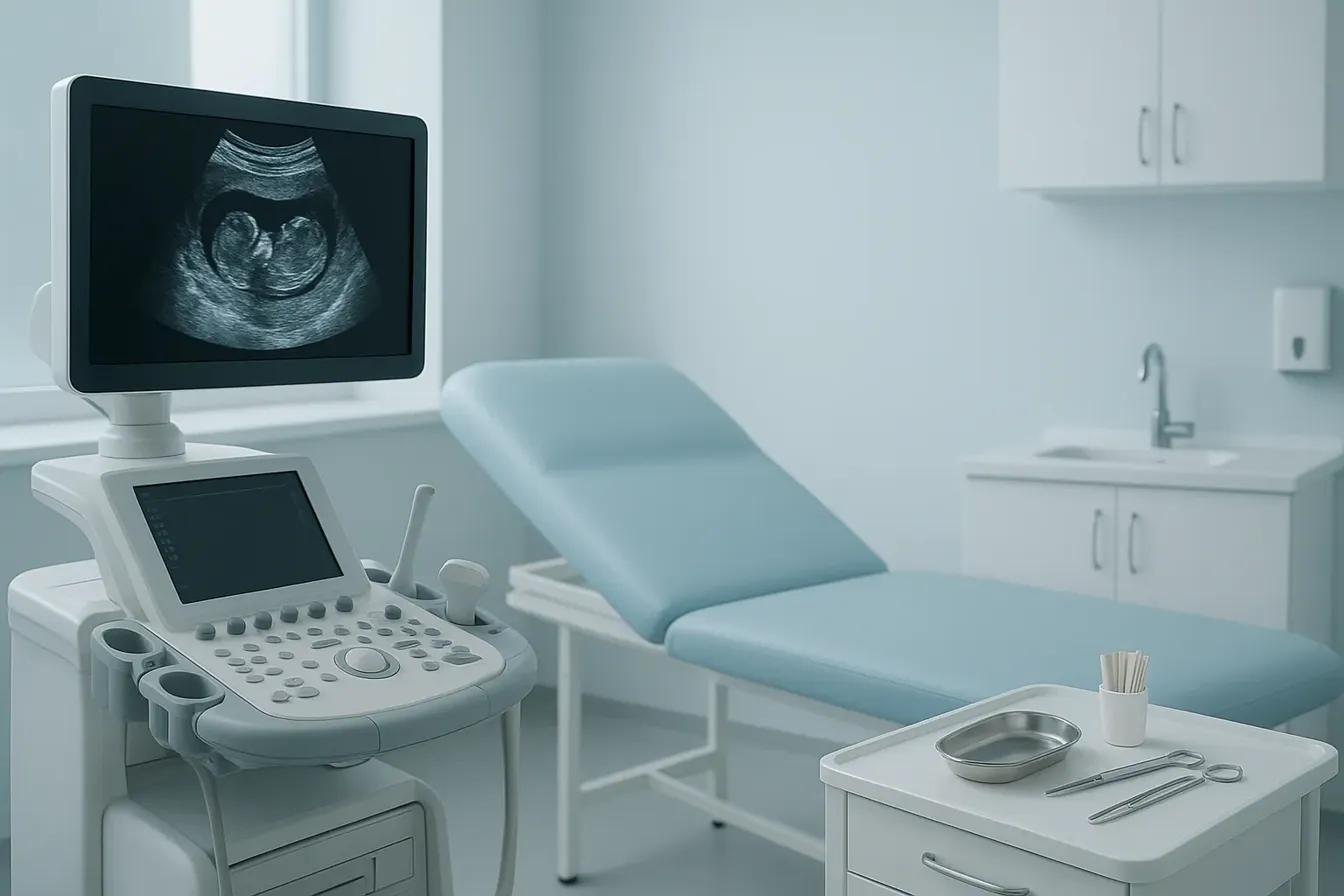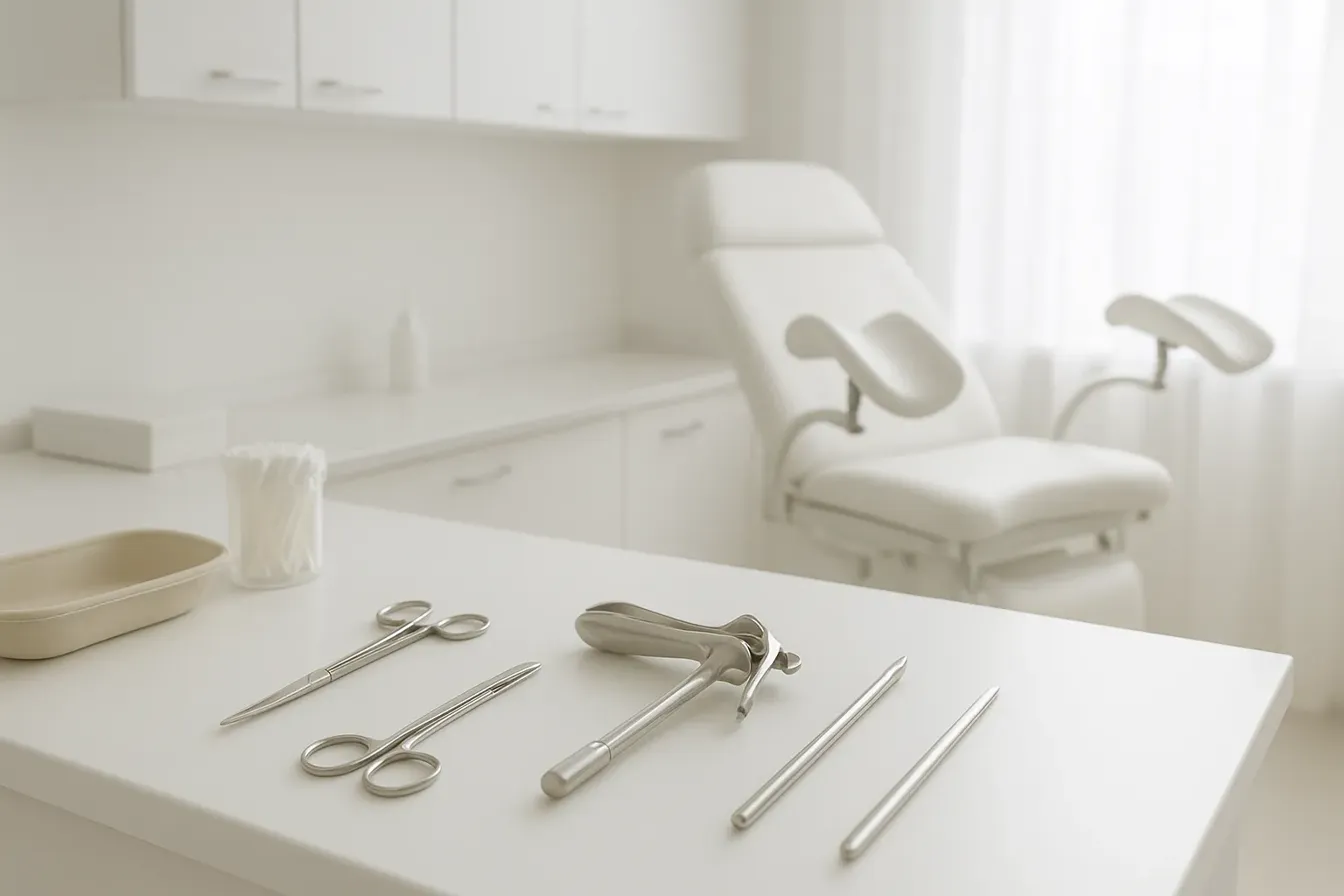Empowering Choices: The Essentials of Birth Control Counseling

Understanding Women's Health Through Every Stage of Life
Women's health is deeply complex and evolves continuously from adolescence through older adulthood. A lifespan approach to health and wellness acknowledges this dynamic nature, emphasizing prevention, personalized care, and holistic wellness strategies tailored to each stage of a woman’s life. This article explores the critical aspects of women’s health, integrating current research, clinical guidance, and practical lifestyle recommendations to empower women to take charge of their wellness journey at every age.
Foundation of Lifespan Women’s Health Care

What is a lifespan approach to women's health and why is it important?
A lifespan approach to women's health means understanding and addressing the unique and changing health needs of women at every stage of life—from adolescence through midlife, menopause, and into older age. This approach acknowledges that biological changes, social influences, and personal life experiences intertwine to shape health outcomes. By considering these factors, healthcare providers can deliver personalized and preventive care tailored to each phase of a woman's life. Learn more from Women's Health and Wellness Across the Lifespan.
Importance of age and social context in assessments
Women’s health must be viewed within the context of their age, social environment, and life experiences. For example, hormonal shifts in midlife alter metabolism and bone health, requiring different management strategies than those needed during reproductive years. Additionally, social determinants like access to care, cultural beliefs, and socioeconomic status significantly influence health behavior and outcomes. Incorporating these elements ensures a more accurate assessment and effective intervention. For detailed insights, see social context in health assessments and the role of age and life experiences in women's health.
Comprehensive care models
Integrated care models bring together specialists across disciplines—including primary care, OB/GYN, mental health, cardiology, and nutrition—to address the multifaceted aspects of women’s health. This collaborative approach supports continuous health monitoring, early identification of risks such as cardiovascular disease or osteoporosis, and management of conditions like menopause symptoms or reproductive challenges. Preventive services and screenings tailored by age enhance early detection and treatment. Explore how a comprehensive approach improves outcomes across the lifespan.
Holistic perspective on physical, mental, and emotional health
True wellness in women encompasses physical health along with mental and emotional well-being. The lifespan approach embraces this by promoting strategies such as regular exercise, balanced nutrition, stress management, and mental health screenings. It also advocates for addressing emotional challenges related to reproductive changes or chronic conditions. Holistic care supports resilience and quality of life, empowering women to maintain health throughout all phases. For more, consult Holistic Women's Health Care and Women's Wellness Tips.
| Concept | Description | Impact on Women's Health Care |
|---|---|---|
| Lifespan Approach | Personalized care across all life stages considering biological, social, and behavioral factors | Promotes age-appropriate prevention and treatment (source) |
| Age & Social Context | Incorporation of hormonal, psychosocial, and environmental aspects | Ensures comprehensive and culturally sensitive health assessments (source |
| Comprehensive Care Models | Multidisciplinary collaboration addressing physical and mental health | Enhances early detection and coordinated management of complex needs (source) |
| Holistic Health Perspective | Integration of physical, mental, and emotional wellness strategies | Improves overall quality of life and long-term health outcomes (source) |
Health Milestones and Preventive Care by Life Stage

What preventive screenings and care are recommended for women at different ages?
Women’s preventive healthcare is structured around critical age milestones, addressing changing risks and health needs throughout the lifespan.
Starting in early adulthood, women are advised to have regular well-woman visits including cervical cancer screening guidelines. Pap tests are recommended from age 21 every three years, with HPV co-testing introduced after age 30 to extend screening intervals to five years for some. HPV vaccination is strongly advised up to age 26, with shared decision-making for those aged 27-45.
By age 40, annual mammograms typically begin to detect breast cancer early. Colorectal cancer screening usually starts at age 45, with modalities such as colonoscopy or stool tests tailored to individual risk. Bone density screening becomes important post-menopause, generally recommended at age 65 or earlier for women with risk factors.
Mental health screenings occur throughout all stages due to significant hormonal and psychosocial changes—such as menarche, pregnancy, postpartum, perimenopause, and menopause—that can affect mood, anxiety, and well-being (Menopause-related mental health, Menopause-related mental health, source).
Vaccinations are vital preventive tools: shingles vaccine is recommended starting at age 50, while pneumonia immunizations are advised for women over 65. Other immunizations including flu, HPV, hepatitis B, and Tdap reside within routine preventive care (source).
Engagement in annual well-woman visits is crucial for personalized risk assessment, health promotion, counseling, and timely management of emerging conditions. These visits empower women to partner with clinicians in proactive health maintenance throughout each life stage (more info).
Nutrition, Fitness, and Lifestyle for Lifelong Wellness

How do nutrition and exercise needs change for women throughout life?
Women's nutritional requirements shift significantly as they progress through different life stages. During adolescence, pregnancy, and lactation, women need increased amounts of calcium, vitamin D, iron, and folic acid to support growth, fetal development, and milk production. After menopause, the focus shifts to maintaining bone health, necessitating continued intake of calcium and vitamin D alongside lifestyle measures (healthy eating and women).
Nutrition needs across life stages
A balanced diet rich in colorful fruits, vegetables, whole grains, lean proteins, and healthy fats is vital throughout life. Limiting processed foods high in sugars, saturated and trans fats can reduce disease risk. Nutritional strategies such as following the Mediterranean diet and reading food labels assist women in making healthy choices tailored to their life stage (healthy eating for women).
Exercise recommendations
Health experts recommend that women engage in at least 150 minutes of moderate-intensity physical activity weekly, emphasizing strength and resistance training. This supports bone density, muscle mass, cardiovascular health, and mitigates age-related decline. Variety and enjoyment in exercise types, including walking, yoga, dancing, and gardening, promote adherence (exercise and nutrition for women).
Lifestyle habits for disease prevention
Healthy lifestyle habits such as maintaining a healthy weight, limiting alcohol use, avoiding tobacco, and following preventive screening schedules empower women to lower risks of cancer, cardiovascular disease, diabetes, and osteoporosis (support women's health).
Stress management
Effective stress management is crucial, as chronic stress adversely affects mental and physical health. Practices like mindfulness meditation, yoga, deep breathing exercises, and journaling improve emotional well-being and help prevent burnout (12 Holistic Health Tips).
Sleep hygiene
Quality sleep supports brain function, metabolism, immune health, and mood regulation. Women benefit from maintaining consistent sleep schedules, creating conducive sleep environments, and limiting screen exposure before bedtime (fitness and nutrition tips for women's health).
Physical activity benefits on mental and physical health
Regular exercise not only lowers risks for chronic diseases but also alleviates symptoms of depression and anxiety by releasing endorphins and fostering social interaction. This holistic approach strengthens both body and mind, promoting lifelong wellness in women (complete guide to fitness for women).
Mental and Emotional Health: A Crucial Component

What mental health challenges are unique to women across their lifespan?
Women face several mental health challenges tied closely to hormonal fluctuations and significant life stages. These include disorders such as premenstrual syndrome (PMS) and premenstrual dysphoric disorder (PMDD), postpartum depression, and menopause-related mental health.
Perinatal Mood Disorders
During pregnancy and postpartum, many women experience mood disorders. Postpartum depression affects roughly 10% of new mothers and can disrupt mother-infant bonding. Symptoms include fatigue, feelings of worthlessness, and loss of interest. Treatment often involves therapy, like cognitive behavioral therapy (CBT), and medication when necessary (source.
Premenstrual Syndrome and PMDD
PMS causes mild emotional and physical symptoms premenstrually, while PMDD affects about 5% of women with more severe emotional disturbances such as depression and irritability. Lifestyle changes and sometimes pharmacological treatments like SSRIs are effective in managing symptoms (source.
Menopause-Related Mental Health
Perimenopause and menopause bring hormonal shifts leading to mood swings, anxiety, and depression. Holistic strategies, hormone therapy, and physical activity help alleviate these effects (source, source.
Stress and Anxiety Management
Stress management techniques such as meditation, yoga, and mindfulness help maintain emotional well-being. Addressing menopause-related mental health across all life stages supports overall female wellness (source).
Depression Risks Throughout Life Stages
Hormonal changes increase women's vulnerability to depression during puberty, pregnancy, postpartum, and menopause. Early screening and intervention are crucial (source, source).
Interventions and Support Resources
Effective support combines lifestyle modifications, mental health counseling, medication, and holistic care that addresses physical and emotional health (source, source.
Women’s mental health requires ongoing awareness and tailored care to enhance quality of life throughout the lifespan (source.
Addressing Gaps and Disparities in Women’s Healthcare

What Are the Major Gaps and Disparities in Women's Healthcare and How Can They Be Addressed?
Historically, women have been significantly underrepresented in medical research, leading to notable gaps in knowledge and care tailored to their unique health needs. This underrepresentation has contributed to disparities in outcomes, especially in areas such as cardiovascular disease, reproductive health, and chronic conditions. Without sufficient gender-specific evidence, treatments and guidelines have sometimes failed to address women's physiological and hormonal differences effectively (Women vs men physiological differences).
Socio-demographic factors also amplify disparities in women's healthcare. Access to maternal health services and preventive care is uneven, particularly among minority and low-income populations. Cultural insensitivity and lack of awareness about social determinants of health further widen these gaps. Issues like maternal mortality and cervical cancer incidence often disproportionately affect marginalized groups due to these systemic inequalities (comprehensive approach to women's health.
Barriers such as high out-of-pocket costs, scheduling challenges, and the politicization of reproductive health have discouraged many women from seeking preventative services. Nearly half of women have skipped recommended screenings in recent years due to these obstacles, despite such services often being covered at no cost under healthcare mandates (Preventive care benefits for women.
Addressing these challenges requires a multi-pronged approach. Expanding gender-specific research can provide better evidence for diagnosing and managing women's health issues. Educating clinicians about sex and gender differences, as well as training in cultural humility, can improve patient care quality. Empowering women through advocacy and health education helps them engage effectively with healthcare providers (Preventive Care Barriers for Women).
Furthermore, strong communication and trust between women and their clinicians play a pivotal role in overcoming these issues. Creating equitable, holistic healthcare models that consider social context, life experiences, and cultural backgrounds is essential for improving outcomes and closing gaps in women's health (Women's Health and Wellness Across the Lifespan.
These efforts combined have the potential to transform women's healthcare into a system that is accessible, personalized, and responsive to the diverse needs of all women (Women's Health Journey).
Holistic and Integrative Approaches to Women’s Wellness

How does a holistic approach enhance women's health and wellness across the lifespan?
A holistic approach to women’s health integrates physical, mental, emotional, and social well-being. It combines traditional medical practices with evidence-based complementary therapies such as herbal remedies and movement therapies like Pilates (Women's Health and Wellness). Stress reduction techniques including mindfulness, meditation, and yoga enhance hormonal balance and improve immune function.
Personalized lifestyle integration focuses on nutrition with whole foods, balanced exercise, and healthy habits to support resilience and wellness (Healthy eating for women. Encouraging women to engage in self-advocacy and personalized care empowers them to better manage their health across different life stages, resulting in improved health outcomes (Holistic Women's Health Care.
Conclusion: Embracing a Lifespan Framework for Women’s Health
A lifespan approach to women’s health and wellness is essential to effectively meet the distinct and evolving needs of women from adolescence through older adulthood. By integrating comprehensive preventive care, nutrition and fitness guidance, mental health support, and addressing health disparities, women can achieve better health outcomes and quality of life. Holistic and personalized care, supported by scientific research and culturally sensitive practices, empowers women to proactively navigate their health journeys with knowledge, confidence, and resilience. This model holds promise for transforming women’s healthcare and enabling wellness at every stage of life.





.png)